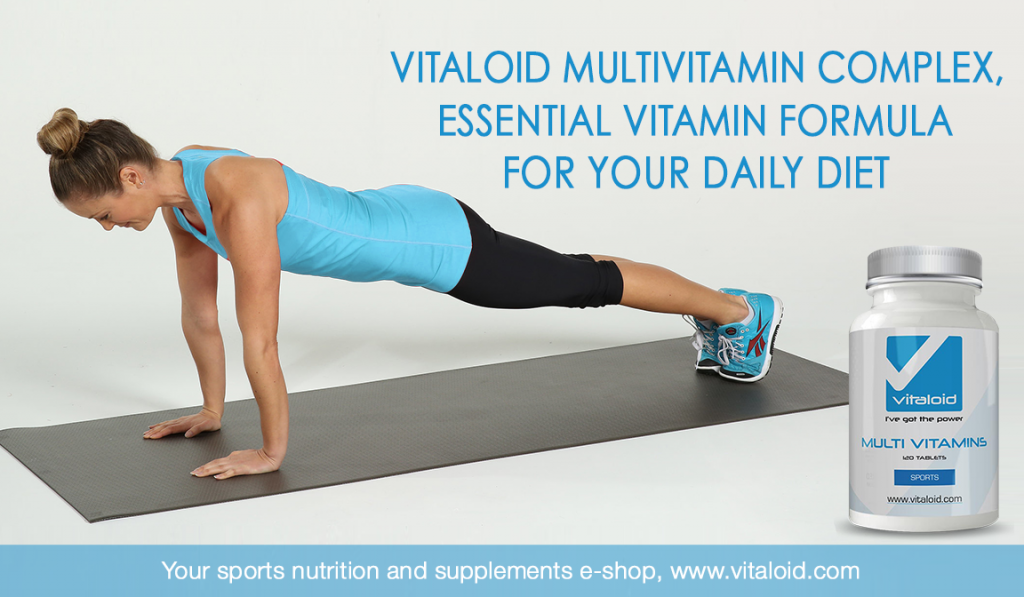Protein powders help to ensure that your body is maintained and satisfied. People use them for different purposes like to lose weight, to improve sports performance or to build muscle mass etc.
Now, how will you know which powder is right for you? It’s important that you understand the difference between all the available powders such as whey protein powder for weight loss or soy protein powder for muscle building and, how they stack up against the whole food protein sources.

Whole Foods vs. Protein Powder: Now, you can meet your body’s protein needs, whether you drink protein shakes or eat only whole protein foods, but I should tell you that they don’t really offer same nutrition.
One thing you may find surprising is that protein shakes contain less nutrition than the whole protein foods, but for that reason, the protein shakes may help you lose weight where, whole protein foods offers a larger nutritional benefits and weight-gain.
Uses Of Each Protein Type:
Whey Protein : It is one of the most commonly used protein type and best for everyday use. It has all the important amino acids and all are easily digestible. It helps to reduce your stress levels and boost energy. They are best use after workouts.
Soy Protein: This protein helps to reduce high cholesterol problem and reduce symptoms of menopause for some women. It also helps for building bone mass.
Vegan Protein: If you’re vegetarian, it’s a great option for getting enough protein in your diets. It harnesses the power of hemp, peas, rice, Quine and much more. The result is gluten-free, dairy-free and soy-free supplements to energize your body.
Choose Powder As Per Your Needs
To Build Muscles : for muscle growth, find a protein powder which has the highest biological value that measures how well your body will absorb and utilize the protein.
To Lose Weight : For losing weight, find a protein powder which has no added extra sugar and don’t choose those with Branched-chain amino acids as they promote weight gain and muscle growth.
Limit Your Protein Intake If You Have Kidney Disease : If you have kidney problem, then don’t take more than 15 gms protein at one time as your body can’t tolerate lot of protein if you have kidney diseases.
To Avoid Gastrointestinal Problems : If you’re lactose intolerant or have irritable bowel syndrome, you must avoid powders that contain lactose sugars or artificial sweetners.
Choose Low Sugar If You Have Diabetes : If you have diabetes problem, then it’s best to look for a shake that’s low in carbohydrates (less than 5 grams per serving).
How To Get Most From Your Protein Powder
Here are two main things to keep in mind:
To Recover After Exercise : If you are an athlete or an avid exerciser, then it’s recommended to consume protein within 60 minutes after workout because that’s when your muscles are most responsive to protein for repair and growth purposes.
To Control Your Weight : To maintain your body weight, I would suggest to consume a fixed supply of protein at each meal and snack both, to help you stay full.
Improve Taste Of Your Protein Shakes
Each powder has different taste depending on it’s ingredients and protein source. A lot of companies filter the powder or use flavor enhancers invented by food scientists to improve the taste.
You can also create your own flavor enhancer by adding one serving of fruit or a tablespoon of peanut butter to produce a creamier milkshake-like texture.
To Wrap Up
Keep these points in mind when you go for purchasing protein powder the next time. Every individual has different preferences so shop around a bit. And, if you don’t like one, you don’t have to keep using it. There are so many varieties out there which can match your needs.

